The Real Paper: An Alternative Approach to Real News
With its large college student population, Boston in the 1960s and 70s was fertile ground for the development of alternative newspapers that grew from the counterculture movement. One of these alternative newspapers was Cambridge-based The Real Paper, which was published from 1972 to 1981. Bound volumes of back issues, along with business materials from the paper, were recently donated to the Northeastern University Archives and Special Collections by former comptroller of The Real Paper Howard Garsh.
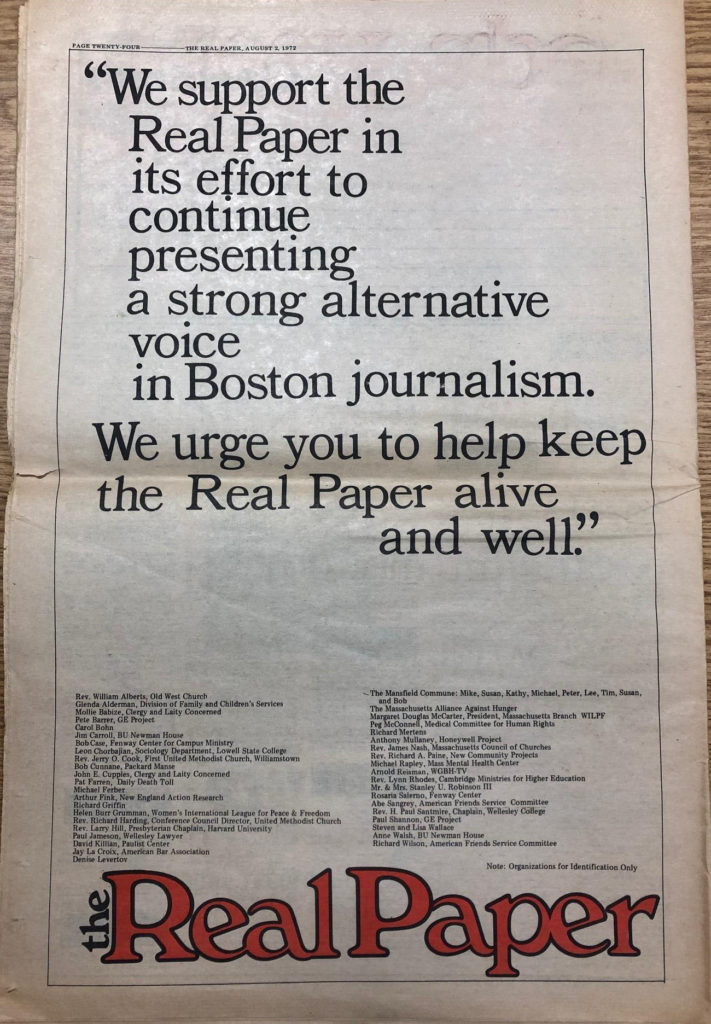 Originally the Cambridge Phoenix (known simply as The Phoenix), The Real Paper was formed in 1972 by the group of staff members left without jobs after the Cambridge Phoenix was sold to Stephen Mindich, owner of the rival alternative newspaper, Boston After Dark. This group of staff built their newspaper so that each employee was an equal shareholder in the company, and the board of directors and editor in chief position were decided on by vote.
Originally the Cambridge Phoenix (known simply as The Phoenix), The Real Paper was formed in 1972 by the group of staff members left without jobs after the Cambridge Phoenix was sold to Stephen Mindich, owner of the rival alternative newspaper, Boston After Dark. This group of staff built their newspaper so that each employee was an equal shareholder in the company, and the board of directors and editor in chief position were decided on by vote.
Throughout the 1970s The Real Paper continued to publish its weekly newspaper aimed at college students and young adults. Issues of The Real Paper included local news stories on politics and social issues along with major national news. The Real Paper had an extensive arts section reporting on music, movies, and the wide range of concerts, classes, and performances happening in the Boston and Cambridge area.
While The Real Paper ceased publication in 1981, the paper served as a launching pad for many of its writers, including Bruce Springsteen’s manager and producer, Jon Landau; rock biographer Stephen Davis; culinary historian Laura Shapiro; and many others who continued writing at major publications such as Rolling Stone, The New Yorker, and The Boston Globe.
The Real Paper collection, housed in the Library’s Archives and Special Collections, includes bound volumes of issues covering all years of publication as well as administrative and financial records pertaining to the creation, selling, and closure of the newspaper. For access to the collection, please contact us at archives@northeastern.edu or visit us in the basement of Snell Library, room 092.
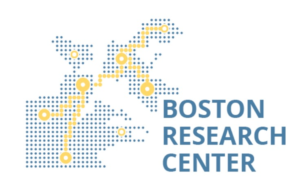
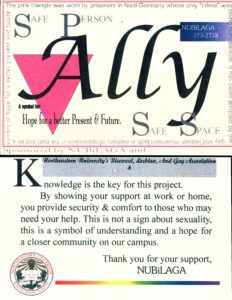
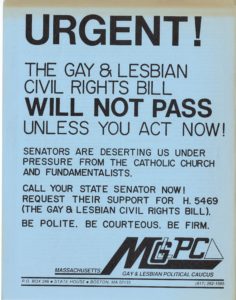
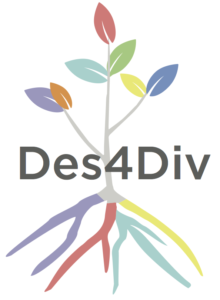 The Design for Diversity
The Design for Diversity